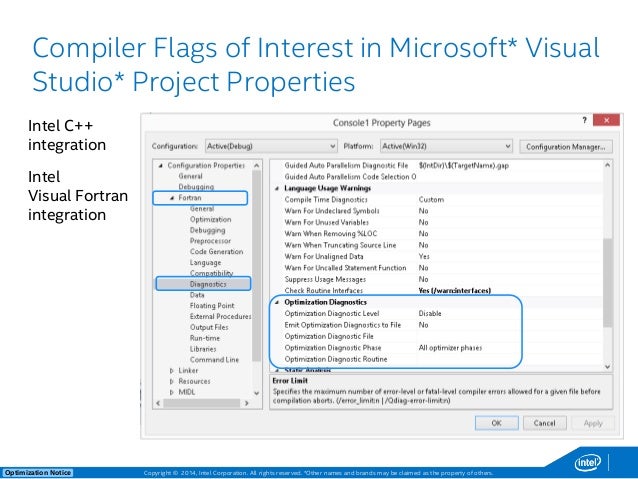

That’s because it’s now sitting alongside the company’s new 16-inch gaming machine, which was announced today.īy subscribing, you are agreeing to Engadget's Terms and Privacy Policy. The other change that we’ll need to address is that this machine has been rechristened as the Framework Laptop 13. Customers can now select their display bezel color and keyboard options at the buying stage, saving them from having to double purchase. And, as I outlined last year, even someone with next-to-no aptitude for upgrading computer parts can make these fixes with relatively little fuss. All of these innovations will, as per Framework’s usual commitment to supporting its existing users, will also be able to buy as standalone parts.

Similarly, Framework will now incorporate the 80dB louder speakers it offered in its Chromebook to some of its mainline laptops. The focus on addressing user complaints stretches to the display cover, which will now be matte as opposed to glossy. And, more importantly, a new, bigger 61Wh battery with a slew of firmware updates that should increase the laptop’s runtime by between 20 and 30 percent depending on how intense your workload is. That includes a new hinge that’s been redesigned to be more rigid compared to the ones found in units up until now. And these annual updates are designed to address the criticisms that some users have had with the hardware thus far. Since it sells (or sold) only one model of laptop, these changes will appear in the product from now on. Intel’s 13th generation Core CPUs were first announced at CES in January and Framework is rolling them out along with a number of other updates to its laptop. It’s a remarkable sign of confidence in its platform, and a signal to users that Framework is in this business, with this chassis, for the long haul. Even better, users will soon have the option to ditch Intel in favor of AMD’s rival products, both for new machines and to upgrade in all of the models already shipped. Now, we’re three chip generations deep, and today we’re getting new mainboards carrying Intel’s 13th generation Core CPUs. After all, companies talk a good game about being green and sustainable at launch, only to abandon those plans a year or two later. If there was a question hovering over Framework’s much-lauded modular laptop, it was for how long the company would keep supporting it.


 0 kommentar(er)
0 kommentar(er)
